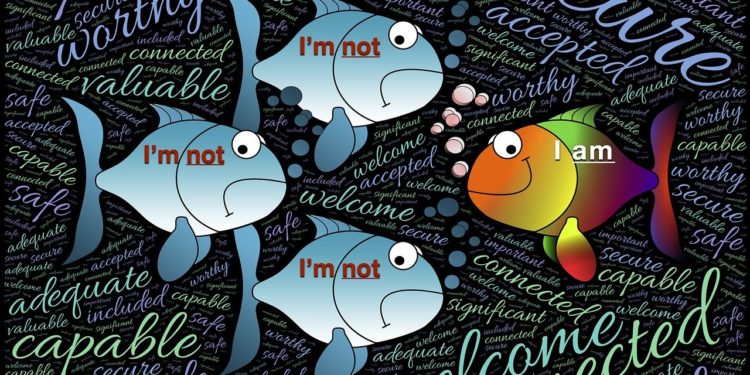This year we will be sharing more on our 8 Inclusive Behaviours. We start with Empathy – the true foundation of being inclusive. Empathy allows us to understand that our experience isn’t the same for everyone. Our Active Voice column today shares 5 steps that help us develop greater empathy, so we can better understand how others experience the world.
- Readjust the balance between speaking and listening. Have you noticed that most people speak a lot more than they listen? Might that also be one of the reasons so many of us have less empathy for others than we ought to? Here’s a simple fix: invert the balance between your speaking and listening, so that you listen more than you speak. And see what you will learn!
- Step into their shoes. Now that you’ve managed to properly hear them, instead of offering advice, think about what you would want from your friend or colleague if you had just shared what they shared. Is it advice? Is it to feel sorry for them? Or is it simply to hold the space for them, to let them know that you understand and perhaps wouldn’t know what to do either? Maybe offering the comfort of your company is enough. Anything that simply shows that you understand how they are feeling.
- Don’t be afraid to show your own emotions. If you’ve listened well, and heard the other person’s emotions as well as anything else they shared, now is the time to lower your guard and reach out on an emotional level. Now is the time to allow yourself to be more vulnerable. Vulnerability builds trust and connection. It shows others that we’re all human – not perfect in any sense – and therefore exactly like everyone else. This ‘sameness’ makes it easier to connect.
- Beware of jumping to conclusions. Assumptions are shortcuts. They don’t give us the full story and are as often incorrect as they are correct. If not more so. You know what happens when we assume…In many cases, the person on the other side simply thinks you haven’t heard them, or that you don’t understand what they’re saying, and may even decide not to share with you again. So, there’s no need to assume. Now that you’ve learned to listen, get the full story. The full story will help you to better understand the situation and allow you to solve the actual ‘problem’, not the one you assume they’re having.
- Expand your horizon. You might think that you’re a very empathetic person. And that may be so. Most of us are – with people who are like us and in situations we can relate to. But when it comes to developing empathy for someone who is very different or is in a very different situation, that is truly difficult. How do you do that? Well, that’s when it helps to broaden our own horizons; to raise our own awareness about different people, cultures, and situations. Asking questions from a place of curiosity, and striving to learn more from a variety of sources helps too. That way, you expand your knowledge about situations and emotions, and that makes it easier to relate to others. It will also allow you to connect with situations that you yourself have not experienced, but can imagine based on something similar you have.
Empathy is a skill you can develop – like a muscle that can be strengthened with exercise.
The more you practise, the more natural it will become and you will reap the benefits of being a more empathetic person who understands and sees more.
Read more about empathy here
If you liked this Active Voice post, you may also enjoy others like 5 ways to be a more proactive ally to women


